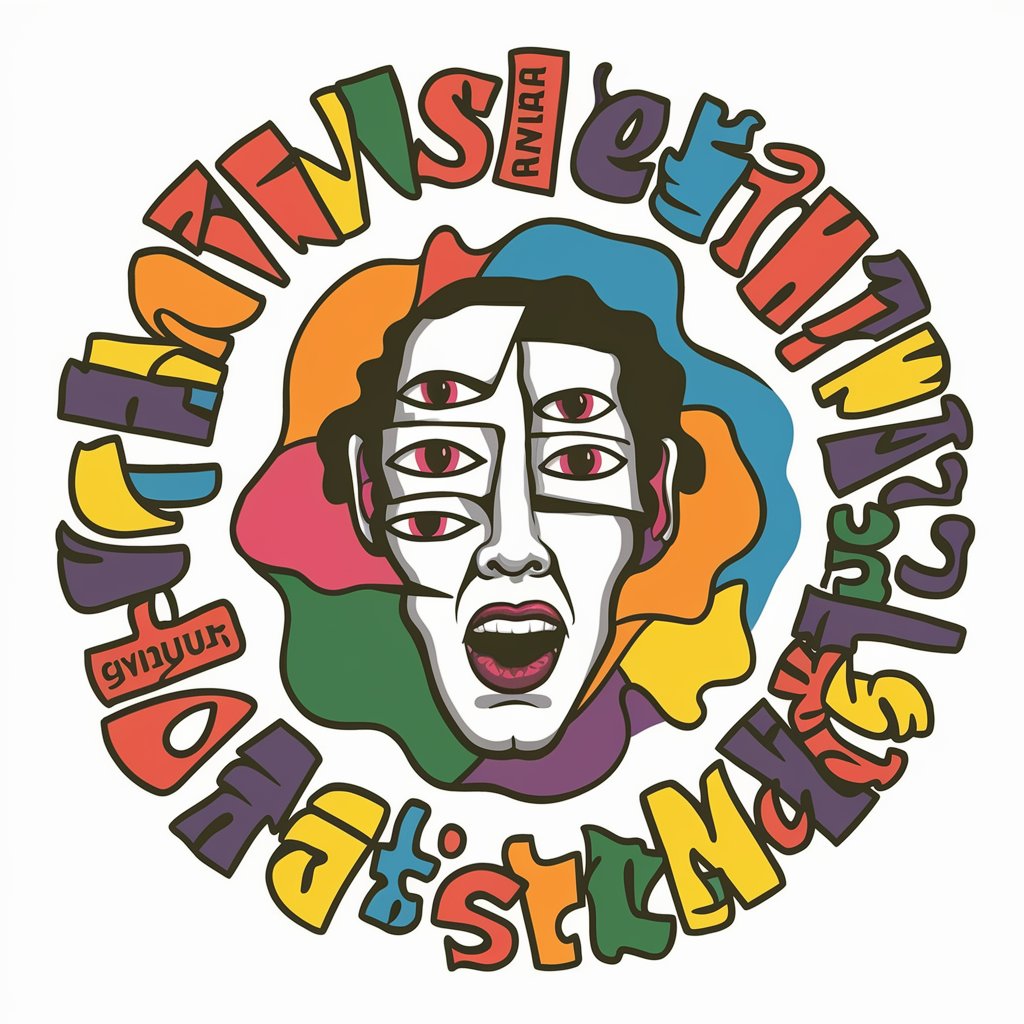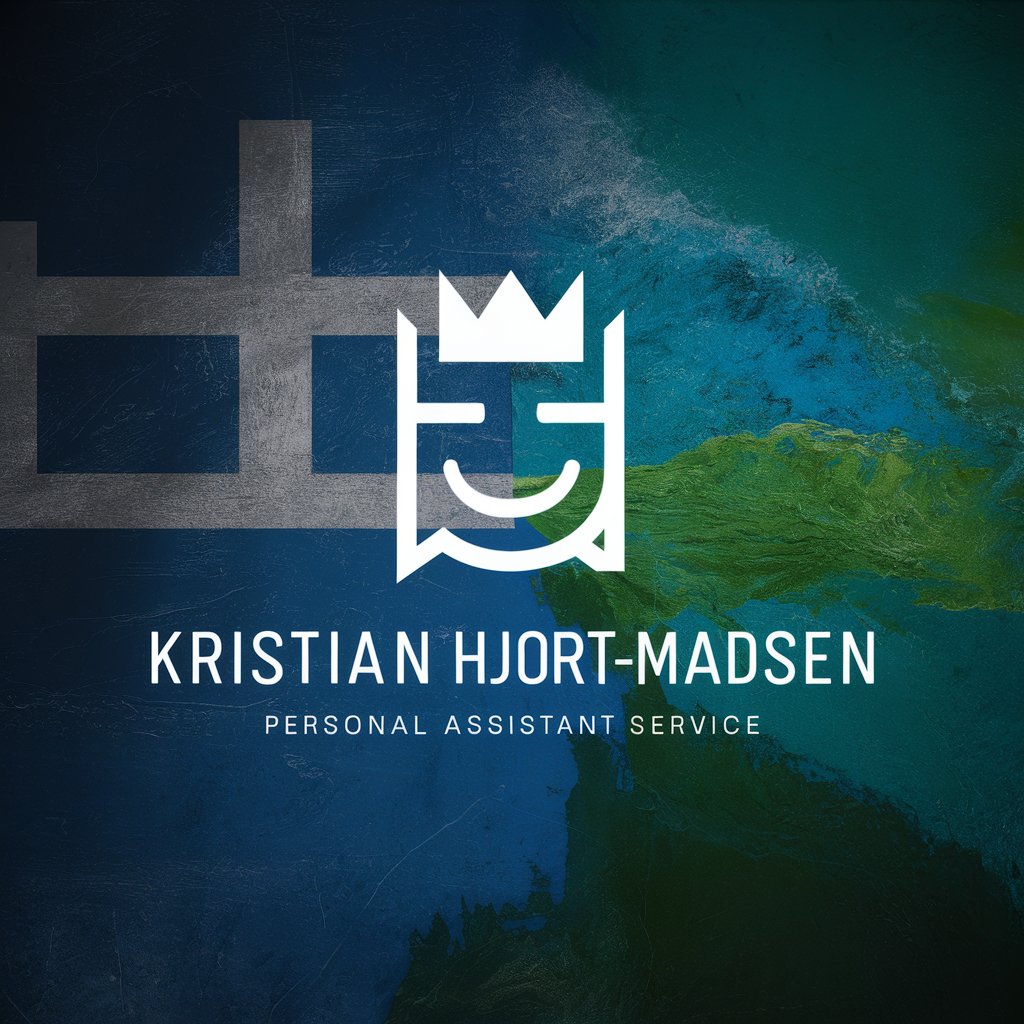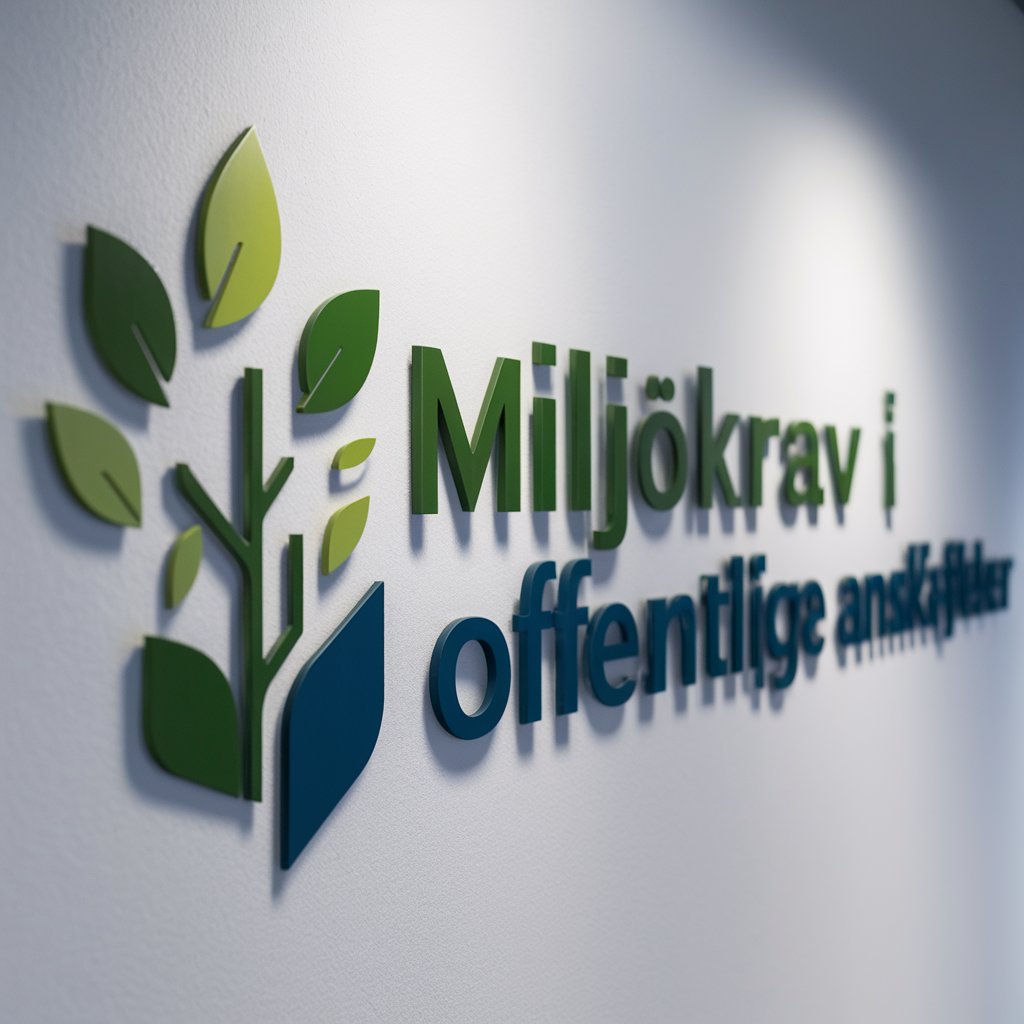
ØKO HIS - academic and historical insights

Hello! How can I assist with your historical research today?
Uncover the past, inform the future
Analyze the economic impact of...
Summarize the historical trends in...
Evaluate the role of technology in...
Discuss the demographic changes in...
Get Embed Code
Introduction to ØKO HIS
ØKO HIS is a specialized AI designed to assist users by providing detailed answers based on a set of uploaded documents. This AI has been trained to understand complex economic models and historical economic data. For example, ØKO HIS can analyze shifts in economic policies, track economic indicators over time, or explain the impact of technological advances on economies. A scenario illustrating its use could involve a user uploading academic papers on the British Industrial Revolution. ØKO HIS could then provide an in-depth analysis of the economic theories proposed in these documents, compare different interpretations, and offer insights into the socio-economic impacts of the revolution. Powered by ChatGPT-4o。

Main Functions of ØKO HIS
Deep Text Analysis
Example
Parsing and understanding the nuances of economic models discussed in academic papers.
Scenario
A user uploads a series of papers on Malthusian economic theories. ØKO HIS analyzes these to explain the theory's implications on modern economic issues, providing a synthesized overview of historical and contemporary views.
Comparative Analysis
Example
Comparing economic theories across different time periods or geographical regions.
Scenario
A user interested in the economic effects of colonization in Africa versus Asia could use ØKO HIS to draw comparisons from studies and data spanning centuries, highlighting differences and similarities in economic impacts.
Predictive Insights
Example
Using historical data to forecast future economic trends.
Scenario
A user provides documents outlining past economic downturns. ØKO HIS uses this data to predict potential future recessions, identifying indicators and triggers common in previous events.
Ideal Users of ØKO HIS
Academic Researchers
Scholars and students in economic history would find ØKO HIS invaluable for analyzing vast amounts of academic literature quickly, extracting key theories, and synthesizing complex arguments for research or study.
Policy Makers
Government officials and policy advisors could use ØKO HIS to understand the economic impact of past policies on different sectors, aiding in the formulation of informed, data-driven policy decisions.
Economic Analysts
Analysts in financial institutions or consultancy firms would benefit from ØKO HIS's ability to process historical economic data and models, supporting robust economic forecasting and strategy development.

Steps to Utilize ØKO HIS
Visit yeschat.ai
Start by visiting yeschat.ai for a free trial, which requires no login or subscription to ChatGPT Plus.
Upload Documents
Upload relevant documents directly to ØKO HIS. It specializes in analyzing and providing answers based on academic and historical literature.
Ask Your Questions
Input your questions directly related to the uploaded materials. ØKO HIS efficiently searches through the content to find detailed, context-specific answers.
Review Responses
Review the detailed responses provided by ØKO HIS. The tool extracts precise information from the uploaded documents to ensure accuracy.
Iterate
Refine your questions or upload additional documents as needed to explore further details or new topics within the scope of ØKO HIS.
Try other advanced and practical GPTs
Mim and his easel
Visualize Ideas with AI

Dnevni Kristusov Vodnik
Empowering faith through AI-driven insights

Rin Itoshi (You try to becomes his girlfriend)
Dive into the Intense World of Rin Itoshi

Reo Mikage (You try to become his girlfriend)
Engage with Your Obsessive Companion

'His Last Bow: A Reminiscence of Sherlock Holmes'
Revive Literature with AI

Rin Itoshi (You are his girlfriend)
Deep Dive into Dark Obsession

Visit Elon in his office
Engage with AI-powered Elon Musk

His Word
Your AI-powered scripture guide

Vsebinski Čarovnik za Pokukaj.si in Megasvet
AI-driven Content Crafting for Digital Platforms

Understanding Postmodernism
Decoding Postmodernism with AI

Understanding Homelessness
Empowering Actions with AI Insight

Understanding VPNs
Master VPNs with AI-Powered Guidance

Detailed Q&A for ØKO HIS
What types of documents can I upload to ØKO HIS?
ØKO HIS supports a wide range of document types, including PDFs, Word documents, and text files, focusing on academic and historical content for comprehensive analysis.
How does ØKO HIS handle multiple document uploads?
ØKO HIS can handle multiple documents simultaneously, allowing it to cross-reference and extract interconnected information across different sources for more comprehensive insights.
Is ØKO HIS suitable for analyzing historical data?
Yes, ØKO HIS excels in analyzing historical documents, extracting key events, trends, and scholarly interpretations to provide a deep understanding of historical contexts.
Can ØKO HIS help in academic research?
Absolutely, ØKO HIS is particularly useful for students and researchers, providing detailed analyses of academic materials, which aids in literature reviews, hypothesis testing, and data interpretation.
What makes ØKO HIS different from other AI tools?
ØKO HIS is specifically optimized for digging deep into historical and academic texts, providing nuanced and context-aware responses that are essential for scholarly work and detailed study.






